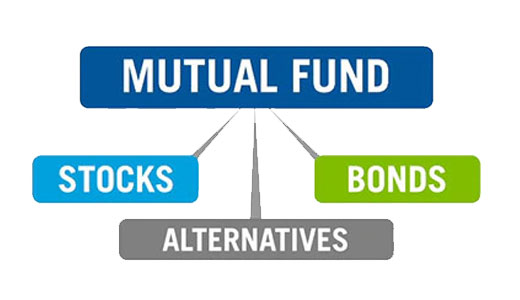- +91 9884234686
-




A Mutual Fund is an investment, just like a Fixed Deposit or Post Office Term Deposit. Let us assume you are an investor who does not have experience in managing money and taking investment decisions, but you are looking for better returns. You need professional help to manage your money and receive good returns. So, all you need to do is invest in Mutual Funds. If you invest in Mutual Funds on a monthly basis it is called SIP (Systematic Investment Plan).


A Mutual Fund starts by collecting money from investors. Let us say 10000 investors have each invested Rs. 10000 in the fund. So the total amount collected is Rs. 10 crores. This amount is then managed by a professional fund manager who invests it by purchasing shares and bonds depending on the type of Mutual Fund. The profits from the investments are shared by all the investors.
The major benefits of a mutual fund are –
When an investor buys a Mutual Fund, they are provided with units. The cost price for each unit is called NAV (or Net Asset Value). For example, if you have purchased a Mutual Fund for Rs. 10000 at a price (NAV) of 100, then you will receive 100 units. One year later, the shares invested by the mutual funds have increased in value so the NAV increases to say 105. You can now sell your units at NAV of 105 for a total value of 100 x 105 = Rs. 10500. So your profit is Rs. 500.


At Fortune Investment Services, we focus on our clients most critical issues and opportunities. We offer them the variety of investment avenues available, provide a walkthrough on the purpose of the investment vehicle and make sure we choose the right product suitable for client needs.
No: 30, L'Harmonie,
3rd floor, Bazullah Road,
T. Nagar, Chennai - 600017
Landmark: Opp. Kovai Pazhamudir Nilayam
Copyright © Fortune Investment Services. All rights reserved. |